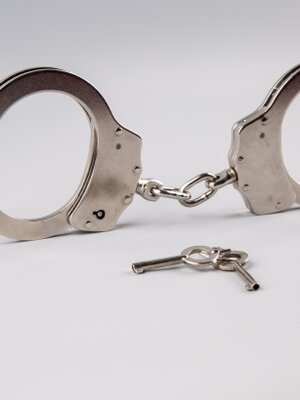
Abstract
After a crime is committed, investigators may query witnesses about whether they believe they will be to identify the perpetrator. However, we know little about how such metacognitive judgments are related to performance on a subsequent lineup identification task. The extant research has found the strength of this relationship to be small or nonexistent, which conflicts with the large body of literature indicating a moderate relationship between predictions and performance on memory tasks. In Studies 1-3, we induce variation in encoding quality by having participants watch a mock crime video with either low, medium, or high exposure quality, and then assess their future lineup performance. Calibration analysis revealed that assessments of future lineup performance were predictive of identification accuracy. This relationship was driven primarily by poor performance following low assessments. Studies 4 and 5 showed that these predictions are not based on a witness's evaluation of their encoding experience, nor on a contemporaneous assessment of memory strength. These results reinforce the argument that variation in memory quality is needed to obtain reliable relationships between predictions and performance. An unexpected finding is that witnesses who made a prediction shortly after encoding evinced superior memory compared to those who made a prediction later.
DOI: 10.1080/09658211.2023.2218123